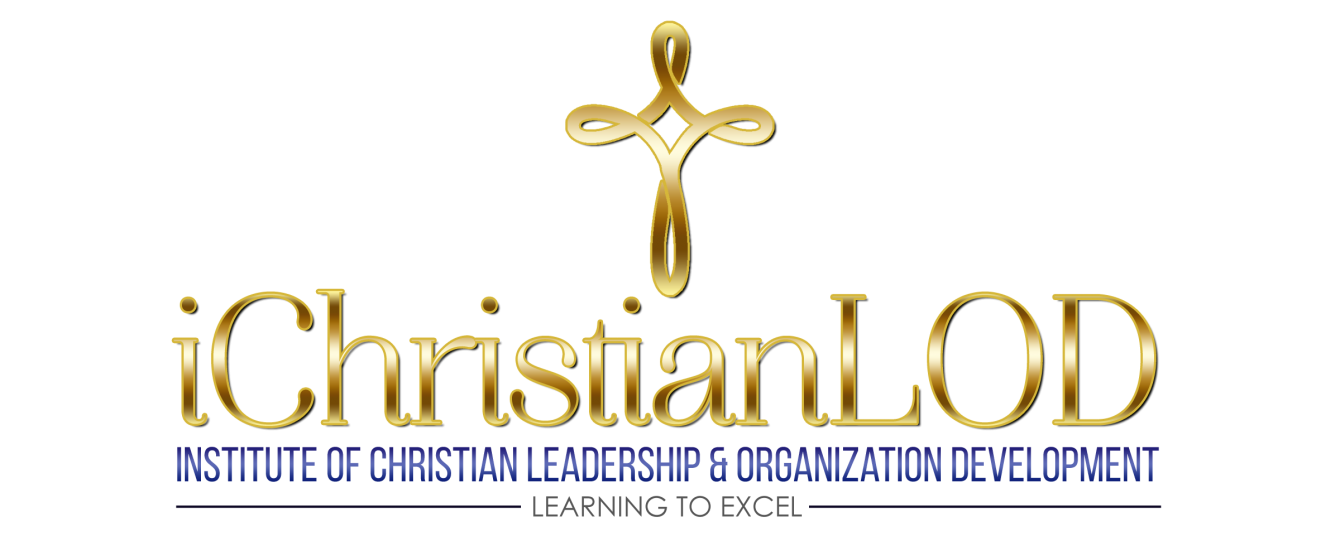The New Role of Managers in 21st-Century Organizations
There is a logical reason that the role of manager in modern organizations is changing from one of superior, to one more along the lines of coach, mentor, or team leader. Because of the intense competition as a result of globalization and the Internet, and the rapid and constant changes that organizations face today primarily because of advanced technologies, the survival and success of any organization today depends upon maximizing the potential of every employee. In short, that means empowering every employee at every level of the organization to be a problem solver and a decision-maker.
Empowerment is the process of sharing vision and allowing employees to make more decisions about their own work, and allowing them to accept responsibility for those decisions. The rationale is that by giving employees more responsibility and getting them involved and engaged with the overall vision of the organization, they will be more committed and thereby more productive. This new culture of 21st-Century organizations is built upon the premiss of the empowerment of the individual. It is achieved by integrating the individual’s goals with those of the organization, and by showing the employee how his or her role in the organization fits into the big picture. People who know their value are more innovative and creative. And those are the new skill sets that organizations are looking for today. They are looking for life-long learners who are able to solve problems creatively and just in time. These are the types of people who will be sought after and retained. Welcome to the 21st-Century organization.

